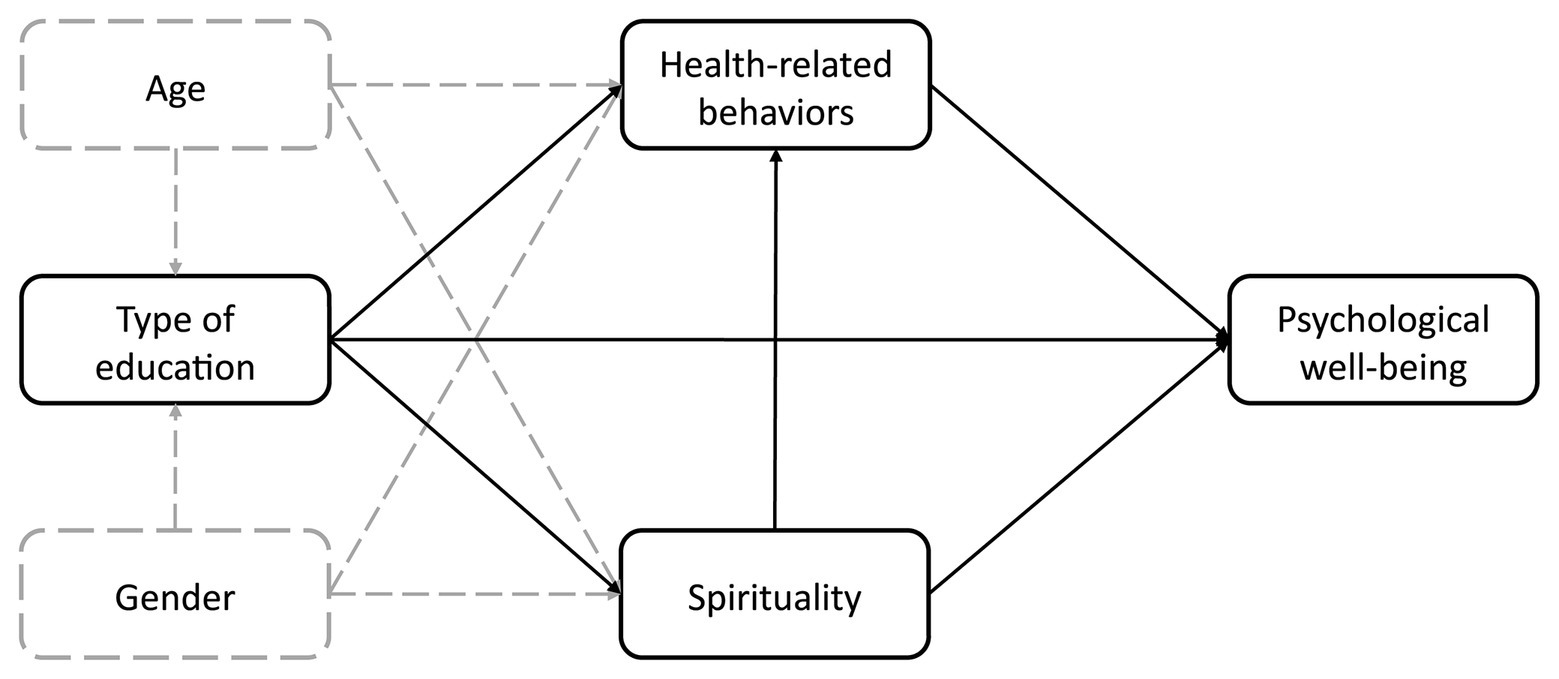The Evolution of Theology: Creating Synergy Between Spiritual Life and Modern Technological Development

1. **"Conne
**Source:** [The Conversation](https://theconversation.com) or [Medium](https://medium.com)
**Article Overview:**
This article explores how modern technological advancements, including the internet, artificial intelligence, and social media, are creating new ways of worshiping and developing spiritual life. While many view technology as a threat to spiritual values, this piece demonstrates how churches, mosques, and other religious communities are using digital platforms to strengthen their teachings and reach followers globally.
**Key Points:**
- Evolution of virtual worship and digital churches.
- The spread of religious teachings via online platforms.
- The potential of technology to bring people closer to God through spiritual apps.
---
### 2. **"Theology and Technology: Reconstructing Our Understanding of God in the Digital Age"**
**Source:** [Journal of Religion and Technology](https://www.religionandtechnology.com) or [Faith Tech](https://www.faithtech.com)
**Article Overview:**
This article discusses theological perspectives on how modern technology can create synergy between spiritual experiences and everyday human life. It could include views from theologians regarding AI, big data, and other technologies that are believed to deepen spiritual experiences without undermining religious authority or doctrine.
**Key Points:**
- The concept of "Technology as a tool to achieve divine purposes."
- Theological discussions on how technology influences creation, truth-seeking, and human freedom.
- Critical views on the negative influence of technology on spirituality.
---
### 3. **"AI and Theology: Embracing an Era Where Machines Help Us Understand the Divine"**
**Source:** [Christian Post](https://www.christianpost.com) or [Theologians and Technology Journal](https://www.theologyandtech.com)
**Article Overview:**
This article examines how artificial intelligence (AI) is being used in theology to help people understand sacred texts, improve sermons, or even create deeper spiritual experiences. Some churches and religious institutions are beginning to use AI to analyze religious texts or provide more personalized spiritual guidance.
**Key Points:**
- AI's role in theological analysis and understanding sacred scriptures.
- Ethical debates over the use of AI in spiritual contexts.
- Case studies of churches integrating technology into their ministries.
---
### 4. **"Digital Worship: How Technology is Changing the Way We Pray and Receive Divine Revelation"**
**Source:** [Religious News Service (RNS)](https://religionnews.com)
**Article Overview:**
This is a report on how various religions around the world are utilizing technology to facilitate worship, whether through streaming, spiritual apps, or other virtual platforms. The article explores the challenges and opportunities presented by the growing number of people worshiping from home or attending services online.
**Key Points:**
- The positive and negative impacts of digital worship on spiritual life.
- Theological analysis of the difference between physical and virtual worship.
- Success stories from religious communities that have integrated technology into worship practices.
---
### 5. **"The Future of Digital Theology: What Does It Mean for Faith in the Age of Technology?"**
**Source:** [Religious Tech](https://www.religious-tech.com) or [Harvard Divinity Bulletin](https://bulletin.hds.harvard.edu)
**Article Overview:**
This article discusses the future of theology in an increasingly interconnected world of technology. It addresses how theology may evolve to respond to ethical and moral challenges brought on by technologies like artificial intelligence and surveillance. It also highlights how academic institutions in the field of theology are beginning to include technology in their studies.
**Key Points:**
- Projections about the future relationship between theology and technology.
- The integration of religious education on digital platforms.
- Critical reflections on "digital humanity" and its impact on classical religious concepts.
---
### 6. **"Blockchain and Trust: Transforming How We Understand Religious Teachings"**
**Source:** [Tech Crunch](https://techcrunch.com) or [Religion and Ethics NewsWeekly](https://www.pbs.org)
**Article Overview:**
Blockchain technology, known for its role in cryptocurrencies, is now being considered by religious organizations as a way to enhance transparency, facilitate digital charity, and protect personal data of believers. This article discusses how blockchain could change the way religions operate, particularly in terms of administration and data management.
**Key Points:**
- Use of blockchain in religious organizations for transparency and record-keeping.
- The potential of blockchain to build trust between religious institutions and followers.
- The integration of cryptocurrency in religious donations or charitable giving.
---
### 7. **"Virtual Reality and Spiritual Experience: Delving into Spiritual Connection in the Digital World"**
**Source:** [Wired](https://www.wired.com) or [Religion and the Future of Technology](https://www.religionfuturetech.com)
**Article Overview:**
This article explores how virtual reality (VR) and augmented reality (AR) are being used to create more immersive spiritual experiences, allowing believers to interact with spiritual realms or worship in a virtual environment.
**Key Points:**
- The implementation of VR in religious celebrations or virtual pilgrimages.
- The impact of digital spiritual experiences on personal relationships with God.
- The theological prospects of considering VR as a tool for achieving spiritual consciousness.
---
### 8. **"AI as a Spiritual Guide: Can Artificial Intelligence Enhance Religious Practices?"**
**Source:** [Vox](https://www.vox.com) or [The Guardian](https://www.theguardian.com)
**Article Overview:**
This article explores the possibility of AI functioning as a spiritual advisor. Some religious groups have experimented with using AI for personalized prayers or meditations, and it addresses whether such uses align with religious traditions or conflict with the nature of divine revelation.
**Key Points:**
- AI’s potential as a spiritual assistant or guide.
- Ethical considerations and theological debates on using AI in spiritual contexts.
- How technology is changing personal religious practices and devotion.
---
These articles would typically be found in technology news outlets, academic journals on religion and technology, or publications that cover the intersection of religion and modern developments. Searching these sources will lead you to discussions about the evolving relationship between spiritual life and technological advancements.



